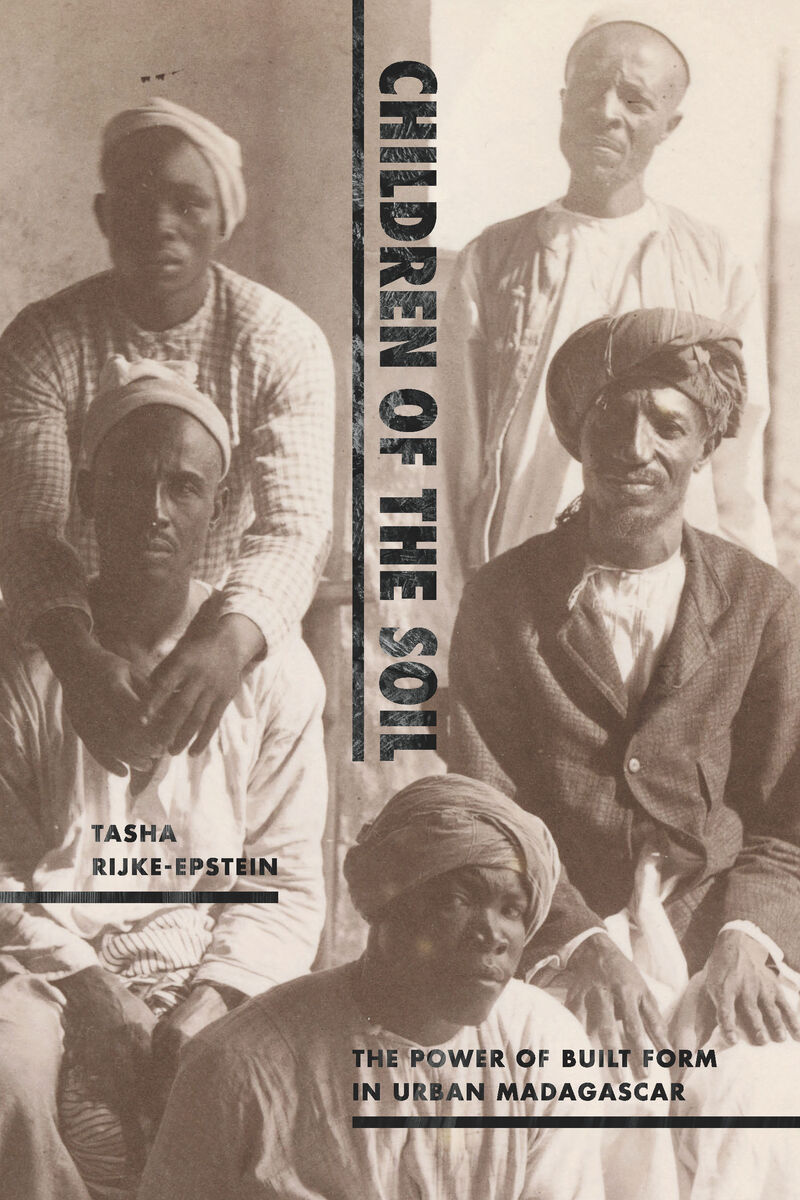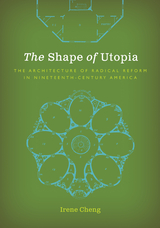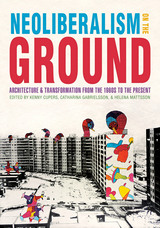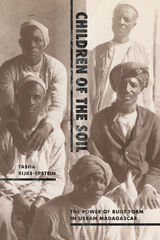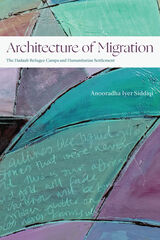Children of the Soil: The Power of Built Form in Urban Madagascar
Duke University Press, 2023
eISBN: 978-1-4780-2740-9 | Cloth: 978-1-4780-2048-6 | Paper: 978-1-4780-2529-0
Library of Congress Classification NA2543.S6R5525 2023
See other books on: African Studies | Architecture and society | East | Madagascar | Sociology, Urban
See other titles from Duke University Press
eISBN: 978-1-4780-2740-9 | Cloth: 978-1-4780-2048-6 | Paper: 978-1-4780-2529-0
Library of Congress Classification NA2543.S6R5525 2023
ABOUT THIS BOOK | AUTHOR BIOGRAPHY | REVIEWS | TOC | REQUEST ACCESSIBLE FILE
ABOUT THIS BOOK
In Children of the Soil, Tasha Rijke-Epstein offers an urban history of the port city of Mahajanga, Madagascar, before, during, and after colonization. Drawing on archival and ethnographic evidence, she weaves together the lives and afterlives of built spaces to show how city residents negotiated imperial encroachment, colonial rule, and global racial capitalism over two centuries. From Mahajanga’s hilltop palace to the alluvial depths of its cesspools, the city’s spaces were domains for ideological debates between rulers and subjects, French colonizers and indigenous Malagasy peoples, and Comorian migrants and Indian traders. In these spaces, Mahajanga’s residents expressed competing moral theories about power over people and the land. The built world was also where varying populations reckoned with human, ancestral, and ecological pasts and laid present and future claims to urban belonging. Migrants from nearby Comoros harnessed built forms as anticipatory devices through which they sought to build their presence into the landscape and transform themselves from outsiders into "children of the soil" (zanatany). In tracing the centrality of Mahajanga’s architecture to everyday life, Rijke-Epstein offers new ways to understand the relationships between the material world, the more-than-human realm, and the making of urban life.
See other books on: African Studies | Architecture and society | East | Madagascar | Sociology, Urban
See other titles from Duke University Press
